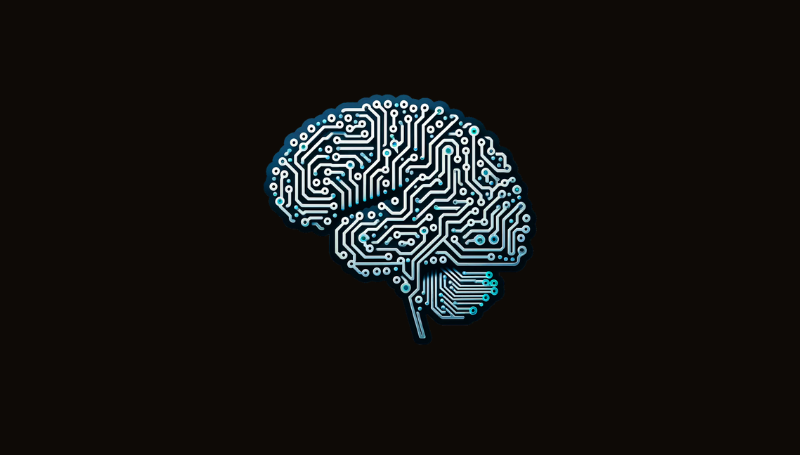Moshe Koppel
Mosaic Magazine, Mar. 4, 2024
“Judaism stands to gain a great deal from tools that could render the study of its deepest questions both more intensive and more accessible.”
The industrial revolution brought freedom and prosperity to millions in the 19th century, while also presenting considerable challenges to millions more, perhaps especially to religious communities in general and to Judaism in particular. Opportunities for migration and urbanization, the diminution of communal interdependence, exposure to alien ideas and the breakdown of religious authority—all threatened the very survival of those communities in novel ways that demanded novel responses. Looking back, it would hardly be an exaggeration to say that it has taken centuries for Judaism to adapt.
The coming information revolution, of which artificial intelligence (AI) is the most notable and best-known example, will no doubt offer great benefits, but will present even more serious challenges than the industrial revolution. As I will explain in a moment, these challenges include threats to human safety generally and to religious communities specifically. But, at the risk of sounding parochial in the spirit of Hugh Nissenson’s short story “The Elephant and My Jewish Problem” or the satirical headline “World Ends: Minorities and Women Hardest Hit,” I will mostly keep my focus here on how traditional Judaism might be forced to grapple with the challenges and opportunities presented by AI.
I will make two main points. First, drawing on work being done in my own AI lab in Israel, I will show how AI can provide tools that benefit Judaism by making Jewish texts and ideas more accessible. Second, I will suggest ways in which Judaism might, in return, offer models for purposeful and meaningful living, even as ubiquitous AI threatens to attenuate some of our deepest social and moral attachments.
… [To read the full article, click here]


